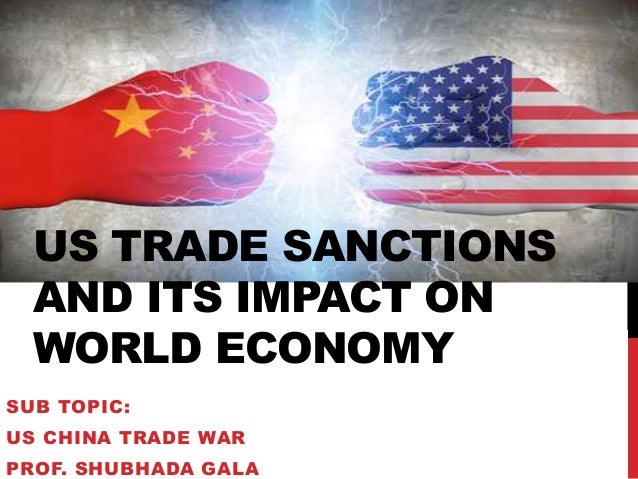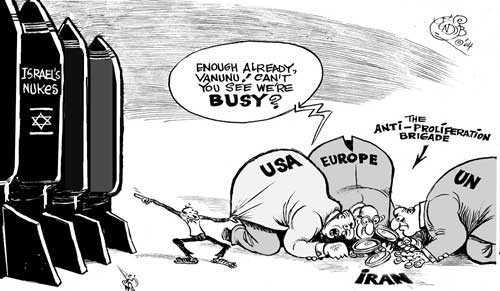
Secretary-General Guterres says it’s time for “solidarity not exclusion.”
(March 24, 2020) — United Nations leadership called for rolling back international sanctions regimes around the world, saying they are heightening the health risks for millions of people and weakening the global effort to contain the spread of the new coronavirus.
The appeal reflects mounting concerns that sanctions regimes may be impeding efforts in Cuba, Iran, North Korea, Venezuela, and Zimbabwe to battle the coronavirus, and enhancing the prospects of the pathogen’s spread to other countries. It comes as China and Russia, which is subject to US and European sanctions for its invasion of Crimea, have also stepped up calls for an easing of sanctions.
“I am encouraging the waiving of sanctions imposed on countries to ensure access to food, essential health supplies, and COVID-19 medical support. This is the time for solidarity not exclusion,” UN Secretary-General António Guterres wrote in a letter to the G-20 economic powers. “Let us remember that we are only as strong as the weakest health system in our interconnected world.”
But the appeals are unlikely, however, to gain traction in the UN Security Council, where diplomats say there has been little serious thought given to the prospect of easing sanctions. Asked if there was growing opposition to the sanctions, one senior diplomat said, “No, not at all. The Russians and the Chinese are being cynically political and opportunistic.”
“I would say there is no serious, coordinated response being considered in the UN about sanctions,” said one Security Council diplomat.

Michelle Bachelet, the UN high commissioner for human rights, also said on Tuesday that “in a context of global pandemic, impeding medical efforts in one country heightens the risk for all of us.”
“At this crucial time, both for global public health reasons, and to support the rights and lives of millions of people in these countries, sectoral sanctions should be eased or suspended,” she said in a statement.
The statement noted that more than 1,800 Iranians, including 50 medics, have died since the first cases appeared there five weeks ago, and that human rights reports have indicated that sanctions have impeded the access to “essential medicines and medical equipment—including respirators and protective equipment for health-care workers.”
“The epidemic in Iran is also spreading to neighbouring countries which will strain health services in countries such as Afghanistan and Pakistan,” the statement reads.
The growing calls for sanctions relief pose a fresh challenge to the Trump administration, which has relied heavily on the use of sanctions as part of its maximum pressure campaign to coerce Iran and North Korea into negotiating with the United States. For the past year, China and Russia have been advocating an easing of sanctions against North Korea. And earlier this week, China’s UN Ambassador Zhang Jun blamed US sanctions for harming Iranians. “Iranian people are suffering severely from the pandemic,” he wrote on Twitter. “The unilateral sanctions made the situation even worse.”
The push for sanctions relief may be able to gain some traction in Europe, where countries have bridled at US efforts to prohibit their companies from doing business with Iran and where some members of the European Union, like Italy, have been increasingly tired of maintaining sanctions on Russia for its occupation of the Crimea, according to Richard Gowan, the UN expert for the International Crisis Group.
The council has been increasingly deadlocked in recent months over a range of issues, from Iran and Libya to North Korea and Syria. The recent shutdown of the Security Council has resulted in a series of disputes over the permissibility of debating council matters remotely to the question of whether the 15-nation security body should adopt a resolution or statement raising concern about the impact of the pandemic on international peace and security.
“With the Security Council in its current state of lockdown, the idea of a really constructive debate on sanctions feels unlikely,” Gowan said. An effort late last year by China and Russia to adopt a resolution easing sanctions on North Korea “fizzled” he added. “My sense is the US, in particular, will be very wary of making any concessions on sanctions that they worry they will not be able to reverse down the road.”
Earlier this week, US Secretary of State Mike Pompeo defended US sanctions policy, saying that the sanctions do not target imports of food, medicine, and medical equipment, or other humanitarian goods. He said that Iran has been able to “import testing kits without obstacle from US sanctions since January.”
“Fact: As Iranian regime officials ask for more funds, it is important to note that since 2012, Iran has spent over $16 billion on terror abroad, and used sanctions relief from the [2015 nuclear deal] to fill up its proxies’ coffers,” Pompeo said in a statement.
But UN and private relief agencies have raised concerns that US financial sanctions have scared off banks and other financial institutions from doing any business with agencies that provide relief in countries such as Iran and North Korea. Jan Egeland, the head of the Norwegian Refugee Council, called this week for an end to “all blanket economic sanctions,” saying they were impeding efforts to come to the aid of the neediest in the pandemic.
Josep Borrell, the European Union’s foreign policy chief, said that more companies need to be persuaded that they can support relief efforts in sanctioned countries like Iran and Venezuela.
“This has to be reaffirmed because many believe that if they participate in this kind of humanitarian trade they can be sanctioned,” he said. “This is not the case but it has to be reaffirmed in order for everybody to understand that they can participate in this kind of humanitarian help.”
Colum Lynch is a senior staff writer at Foreign Policy. Posted in accordance with Title 17, Section 107, US Code, for noncommercial, educational purposes.